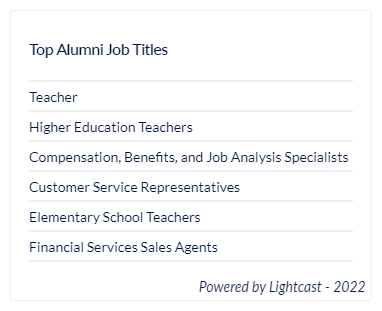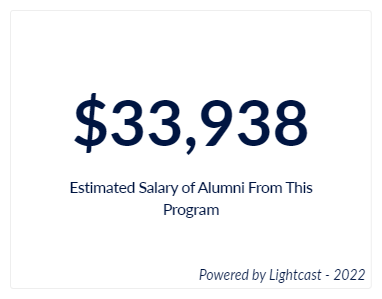Special Education and Early Childhood Education, BSEd
Shippensburg University's Special Education and Early Childhood Education (BSEd) program meets high national standards because it is accredited by the Council for Exceptional Children and the Council for the Accreditation of Educator Preparation.
Get more info
What Will I Learn?
You will learn to work with typical learners, as well as those with physical, intellectual, and learning disabilities, and communication, emotional/behavioral and autism spectrum disorders. Theory, application of strategies and professional conduct expectations are also points of emphasis. The core of the program focuses on training you to work in public and private school settings with the widest range of students. Each course addresses a set of standards through in-class activities and student projects.
PreK-4 courses focus on:
- Child development
- Reading
- Math
- Science
- Social studies
Special education courses focus on the range of disabling conditions, legal implications for teachers, learning strategies and behavior strategies.
Field hours provide practical experience with children in an educational setting. Responsibilities include providing instruction using educational strategies and techniques, and working with dedicated professionals in the field.

Meet Deanna Yarrish
“My friends at other schools are always shocked when I say how well I know my professors, but that's the special thing about Shippensburg.”What are the requirements for this degree?
In this program, you must:
- Maintain a 3.0 GPA
- Complete a total of 135 credit hours, including general education requirements
- Pass the basic skills tests
- Apply for an renew mandated clearances
- Pass the PECT for both PreK-4 and special education
You must take part in over 250 hours of clinical field experiences in general education and special education classroom settings in local school districts prior to the student teaching semester.
Student teaching is the culminating field experience and occurs for one full semester during your senior year. One half of the semester is spent in a PreK-4 inclusive classroom and the other half is spent in a special education setting.
What Types of Careers Could I Get With This Degree?
The curriculum is designed to help pre-service teachers to prepare for the Pennsylvania Educator Certification Tests and for their work as teachers in the public and private systems. Graduates of our programs have gone on to work as PreK-4 general education and PreK-12 special education teachers in both public and private settings. Faculty have many local, regional and national connections with school districts. These districts regularly recruit our students before and after graduation. This degree can be used to work with people with disabilities of all ages in community settings.
What Career Outcomes Do Alumni Have With This Degree?


What Kinds of Experiences Could I Have?
Ship is an excellent place to study to become a teacher because of the opportunities to:
- Observe classes in elementary, secondary and community college settings
- Observe physically challenged and exceptional learners
- Take part in student teaching
- Participate in student groups that complement the academic experience
- Receive personalized attention and advisement from experienced professors
- Write for publication
- Engage in research
There are also opportunities unique to Ship through:
- Grace B. Luhrs University Elementary School – The school provides a unique opportunity to observe and participate in elementary school activities and classroom teaching experiences with children in kindergarten through fifth grade. Ship is the only university in Pennsylvania with an on-campus public elementary lab school.
- Bartos Child and Family Center – The center is adjacent to the lab school provides opportunities to observe and work with children ages one through five.
- Head Start – This program on campus provides more opportunities for observations and to work with children.
- HIRE ME (Helping Individuals Reach Employment Milestones Everyday) – This collaboration between the Big Spring and Shippensburg school districts and Shippensburg University prepares students with disabilities for the transition into competitive employment by practicing hard and soft work skills. University students supervise as job coaches at practice work sites.

